by Monastic Brother Dai Luong
The following sharing is a follow up to Brother Dai Luong’s Wake Up to Humanity’s Greatest Challenge.
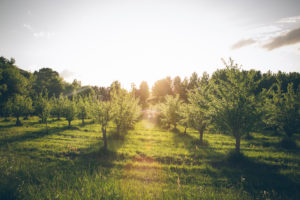
“Unless the monk knows how to deal with the first precept in the modern world, he simply loses his role… (Today you) have all the new machinery of killing, you have the multinational corporations dealing with killing, and they are linked to banks, and the first precept on killing relates to the second precept on stealing, and so on. Unless you understand the complexities you simply cannot apply Buddhism meaningfully as an example for the younger generation.” (Sulak Sivaraksa quoted by Ken Jones in The Social Face of Buddhism)
Acting without being aware of the consequences of our actions lays bare our immaturity. As a collective we did not yet grow up to become fully responsible, a fact we can easily observe in our own life and in the lives of people around us. To become responsible – to become truly aware – is to become the human being Thay calls “Homo Conscious.” And as we are in the process of growing into this stage of evolution, Mother Earth grows with us: After billions of years regulating herself through automatic cycles, we are on the verge of seeing human beings taking responsibility and enacting conscious means of care.
“After 4 billion years of self-regulation, Gaia will pass from an unconscious to a conscious means of control. Either that or we will fail to achieve sustainability, and Gaia’s newly attained consciousness – which is made possible only by our global civilization – will vanish, perhaps to be lost forever.” (Tim Flannery)
Realizing the situation we are in can propel our life by putting it into a greater context and providing it with meaning. Thay is teaching us about the power of vows. Out of our love and concern we vow to do something, and this energy we generate in turn helps us to transform and come to terms with our personal suffering. In a society where so many people report feelings of meaninglessness, a challenge dwarfing our wildest star-wars fantasies about the heroic fight between good and evil is surely a great potential to awaken our hearts and provide us with direction.
Furthermore, it can help us to overcome our small-mindedness in its many manifestations. A few hours ago when I stepped outdoors after reading the news for just about 15 minutes, reading about murder, about the abuse of our planet, about corporate offenses, I lifted my head and looked at the people around me in a different light. The question dawned upon me: What am I complaining about? Why am I so often so quick with finding flaws in the people around me, even though I am surrounded by people with good intentions who dedicate their time to develop their understanding and transform their suffering, the most noble goal anyone could possibly envision? Keeping things in perspective, and not allowing our mind to fall for its ‘negativity bias’ (Rick Hanson), we can embrace the people around us more easily.
Understanding and focusing on the real challenge we finally can put aside our cultural preferences and so-called patriotism, a truly historical event. Doing something for own country means, today more than ever before, doing something for the whole world, because if the planet ceases to be an inhabitable place our country inevitably ceases to be an inhabitable place too. Realizing this we start seeing ourselves as what Thay calls “citizens of the earth.”
“Every nation calls its country a motherland or a fatherland: Every country tries to show how it loves its mother. But in doing so, each country is contributing to the destruction of our larger mother, our collective mother, the Earth. In focusing on our human-made boundaries, we forget that we are co-responsible for our whole planet. When we see that we are all children of the same mother, we will naturally want to cultivate and strengthen our sense of being part of one large family.” (From Thich Nhat Hanh’s book Love Letter to the Earth)
Plum Village 2015

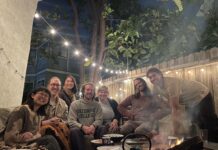








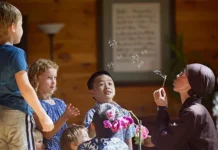






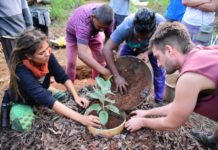
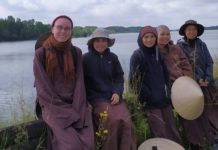
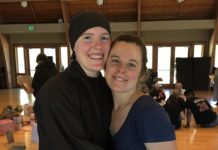
Very eloquent, thanks for sharing brother!